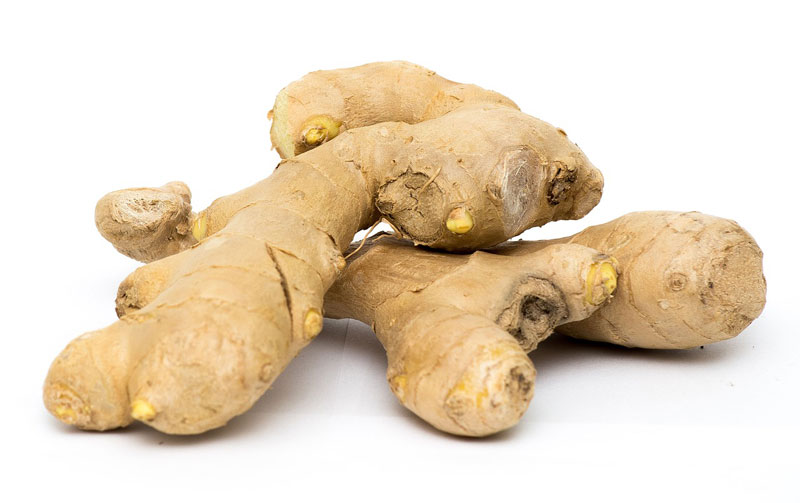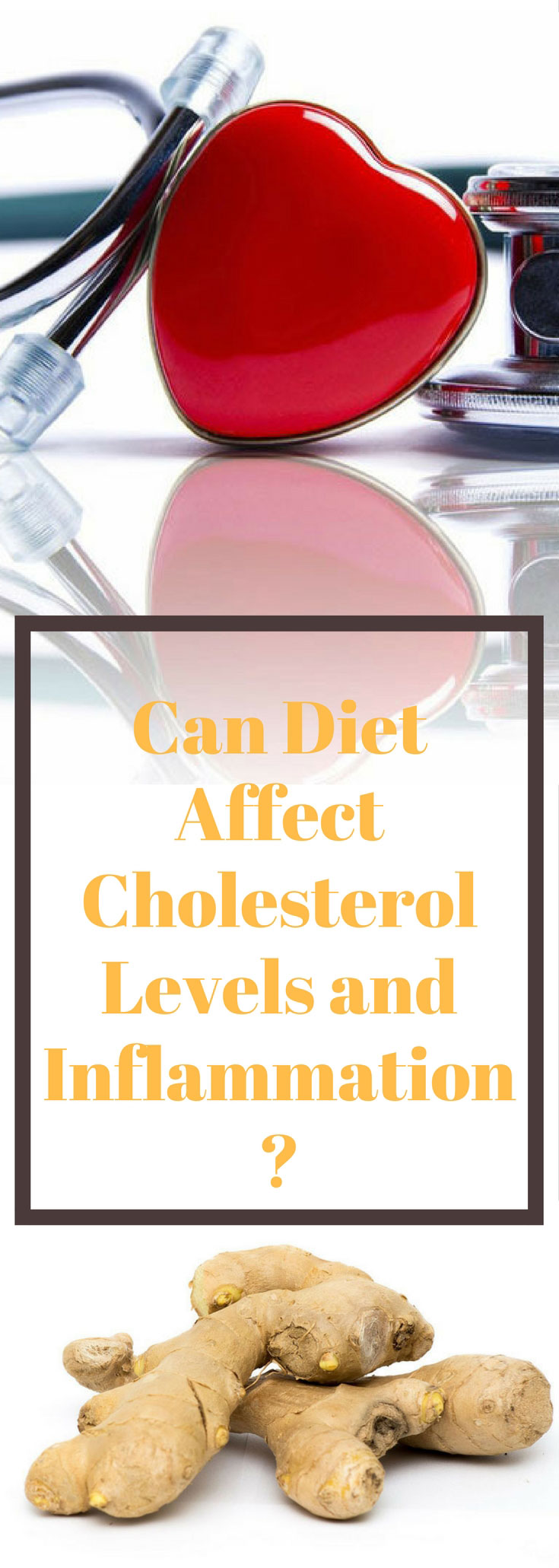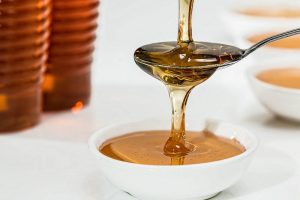
Does Dietary Cholesterol Affect Blood Cholesterol Levels?
For many years we were told that dietary cholesterol was causing heart disease. Even though multiple scientific studies have shown that heart disease is linked to chronic inflammation rather than to fat and cholesterol intakes, it’s a diet myth that sticks.
Whenever I post a recipe containing egg such as this Avocado & Poached Egg on Rye Sourdough Toast where I talk about the health benefits of eggs I get people challenging me about its fat and cholesterol content. I am aware that many of my followers don’t eat eggs because they are vegan and that is perfectly fine. I am not telling anybody that they should eat eggs, BUT that doesn’t change the fact that they are nutritious.
Dietary cholesterols as found in eggs, organ meat and seafood such as prawns doesn’t raise blood cholesterol levels. The liver will simply produce less cholesterol to balance it out.
That doesn’t mean though that it is not possible to influence your blood cholesterol levels with food. By eating a healthy diet rich in fibre, low in sugar and refined carbohydrates you can lower your LDL (oversimplified called “bad cholesterol”) quite effectively.
So if it’s not dietary cholesterol that is causing heart disease, what is it? Let’s have a look.
What is Inflammation?
Inflammation is the activation of the immune system in the response to injury, infection or irritation. Usually, inflammation is characterised by an influx of white blood cells, pain, redness, swelling and dysfunction of the organs involved.
Inflammation is the crucial first step involved in fighting off infection and healing wounds. This state of the body becomes critical once it becomes persistent. Chronic inflammation will cause chronic diseases. It’s linked to the wear off of cartilage and tissues, emotional imbalances, digestive disorders, skin problems, musculoskeletal conditions, Alzheimer’s, diabetes and heart disease.
Does Inflammation cause Heart Disease?
When we eat a lot of sugar and carbohydrates our body needs to produce a lot of insulin. In that case, insulin signals the liver to produce more cholesterol and triglyceride which will, therefore, increase our cholesterol level. High blood sugar levels damage the artery walls, particularly the capillaries.
When the damage occurs in the artery walls, cholesterol gets attracted to the damage in an effort to repair it. Once cholesterol oxidises it gets attacked by the immune system causing further damage to the walls of the blood vessels. Chronic inflammation such as diabetes increases the risk of heart disease, arteriosclerosis and stroke.
Something similar happens in the body if we consume omega 6 oils which have been refined or exposed to high heat. They cause free radical damage which will then cause inflammation.
If this keeps happening constantly the plaque will start building up in the walls of the arteries and hinder the blood from flowing freely. In an event where plaque breaks away from the artery wall, it can form a blood clot which might block the blood flow to the heart or brain and therefore cause a heart attack or stroke.
Ongoing inflammation also has the potential to weaken arteries that much that they can burst. Inflammation and heart disease are that closely linked that doctors started to use to measure C-reactive protein as a marker to assess a person’s risk of heart disease.
How can I reduce Inflammation?
A healthy diet and eating habits, low-stress levels, proper sleep and exercise can prevent inflammation.
Omega 3 Intake
Omega 3 fatty acids have anti-inflammatory properties. Unfortunately, many people consume next to none. The best sources are oily fish such as Alaskan Wild-caught Salmon, mackerel, sardines and anchovies. Try to stay away from farmed fish because it can contain a lot of antibiotics. Only consume big predatory fish like tuna occasionally as it can accumulate high mercury levels. Flax and/or chia seeds are also good sources of Omega 3 fatty acids.
Low GI Carbs
It is important to mainly stick to low GI carbs to avoid repeated insulin spikes which gradually promote insulin resistance and diabetes. Most degenerative diseases that accompany old age involve inflammation.
Food Preparation
How you prepare your food is also important. Avoid cooking methods that involve high temperatures without the use of water. Prefer cooking methods like slow roasting, steaming and cooking at low temperatures over barbequing, grilling and deep frying.
Include Anti-Inflammatory foods
- Ginger
- Turmeric
- Rosemary
- Basil
- Cherries
- Green leafy vegetables
- Oily fish
- Seeds (flax, hemp, pumpkin)
Food Intolerances
Food intolerances are linked to asthma, eczema, migraines and many other conditions involving inflammation.
Healthy Sleep
Harvard medical school reports that sleep disorders and heart trouble go hand in hand. Poor sleep raises CRP levels (inflammation).
Exercise
Macrophages produce a lot of inflammatory cytokines. This type of immune cell consumes the debris of fat cells that have reached their full size and collapsed. During the process of consuming the debris, they release the pro-inflammatory cytokines.
Inflammation caused by a reaction of the immune system to an excess number of fat cells would explain why obesity complicates conditions such as arthritis, insulin resistance, heart disease and diabetes. Exercise can help to reduce inflammation due to the reduction of fat cells by extinguishing the associated inflammation.
Relaxation
Yoga, meditation, breathing techniques and gentle movement therapies such as Qi Gong can be extremely helpful.
Your turn
Let me know if you enjoyed this kind of article and if you would like to see more of it! I’m looking forward to reading your comments.
For more updates follow me on Facebook, Twitter, Instagram, Pinterest or subscribe to my YouTube channel!
Disclaimer: This site is designed for educational purposes only and is not engaged in rendering medical or legal advice. If you feel that you have a medical problem, you should seek the advice of your physician or healthcare practitioner.













Thank you so much for this article! I’ve been struggling with my blood pressure for a year now (and I’m only 30) and have found it hard to understand why it’s happening or how to try and fix it.. I’m not overweight, I eat fairly healthy most days (I’m intolerant to dairy so I’m eating plant based alternatives for a lot of things) so it’s really baffled me, I’m hoping that regular exercise might help and I’m going to pay more attention to omega 3 and the other elements you mentioned above! Fingers crossed!
Hi Tine, thanks a lot for sharing your story. Of course, there a many facets to heart disease and what is causing it, the advice I am giving in my article is quite generic but wouldn’t hurt following in any way. I hope that your doctor will be able to give you a better explanation of what it is causing it in your particular case and what you can do about it, but it sounds like you are on the right track. I wish you all the best. ~Eva